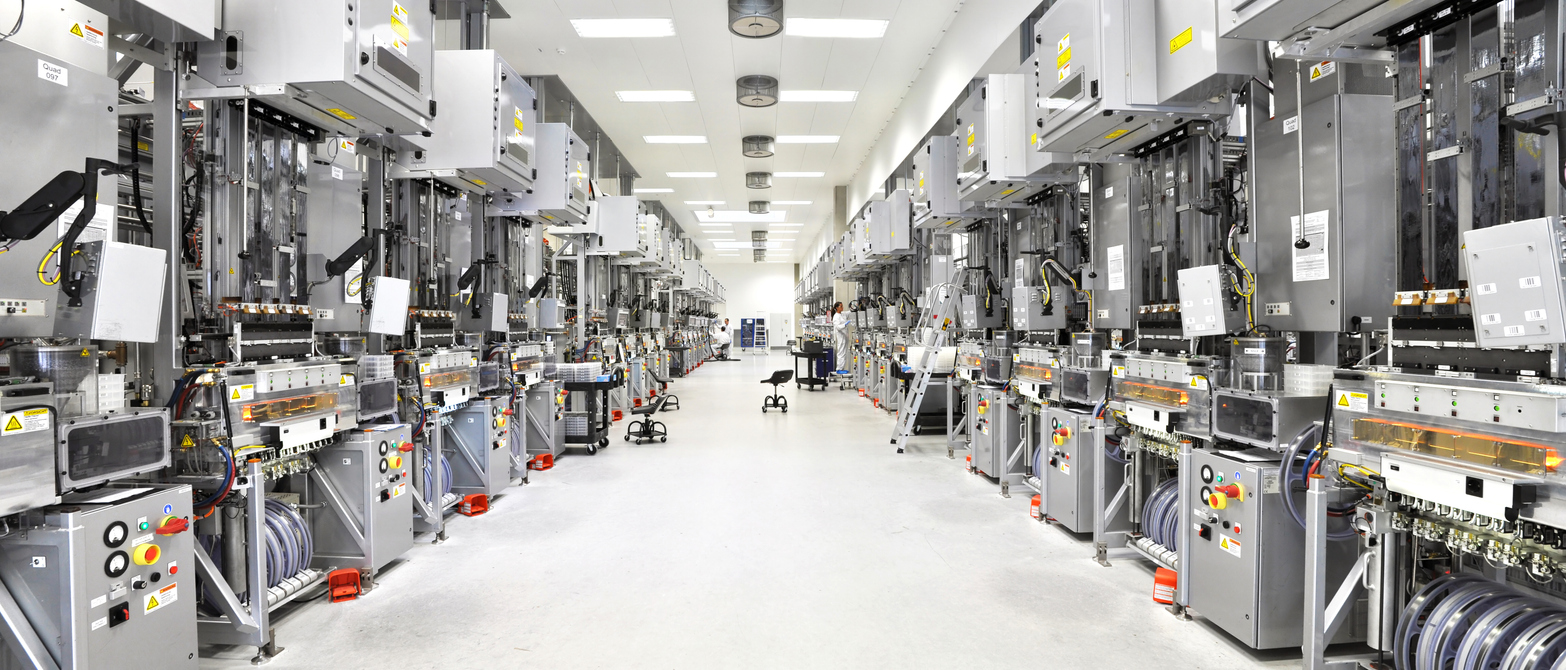What You Need To Know About Clearing For Vehicles In Nigeria
What You Need To Know About Clearing For Vehicles In Nigeria
In recent times, the car industry in Nigeria has grown by leaps and bounds. There is a growing demand for cars among the populace and an increasing acceptance of vehicles as a means of regular transportation. As a result, numerous new manufacturers have entered the space and existing car manufacturers have expanded their production capacity to meet this demand. We spoke with Paul Williams from Lex Srivastava of ArEND Advisory LLP—a boutique firm which advises clients on cross-border investment opportunities in emerging markets—to find out more about what it takes to set up a new auto manufacturing business in Nigeria. Here’s what you need to know about clearing for vehicles in Nigeria if you’re thinking about starting your own car manufacturing business there…
What is Clearing and Why Is It Important?
Clearing is the process by which importers obtain permission from the Federal Ministry of Finance to import goods into the country. Essentially, clearing is how the government regulates the flow of goods into the country to prevent the importation of counterfeit and/or contraband items. Importing vehicles into Nigeria may seem like a straightforward process, but the truth is that importers must follow a specific procedure and meet certain criteria in order to receive permission from the government to import vehicles. First, importers must apply for a license from the Nigeria Customs Service (NCS), who will then issue a letter of clearance for the importer to take to the Federal Ministry of Finance (FMoF). Once the importer has received permission from the FMoF, the importer will then take the letter back to the NCS, who will place a stamp in the importer’s license to show that the importer has permission to import vehicles into the country.
Know What You’re Getting Into
As we’ve established, it can be a rigorous process to clear vehicles and other imported goods into Nigeria. However, importers can ease the process somewhat by working with established vehicle dealers who are familiar with the clearance process. However, importers should be aware that once they’ve imported vehicles into Nigeria, those vehicles may be held in customs for a substantial amount of time. This is because importers are required to pay a special duty and tax on the vehicles. The importer will be responsible for paying this tax and duty regardless of whether the importer’s license was issued by the FMoF or not. Unfortunately, this means importers who fail to obtain a license from the FMoF will have to wait even longer to clear their vehicles.
Establishing A Vehicle Manufacturing Operation In Nigeria
Given the challenging process of clearing vehicles and other imported goods, it’s no surprise that many companies choose to manufacture their vehicles in Nigeria as opposed to importing them. This also makes sense from a cost perspective as it’s estimated that the total cost to import a vehicle from the United States to Nigeria totals approximately $20,000 USD. That being said, before entering the Nigerian car manufacturing industry, importers should carefully consider the type of vehicles they’re planning to manufacture. For example, importers should make sure any vehicle they manufacture in Nigeria is designed for use on Nigerian roads. The importer should also be mindful of import duties, as the government may levy additional taxes on the vehicles. Finally, importers should make sure they’re in compliance with the Nigerian content regulations. This will ensure importers receive the preferential treatment extended to manufacturers that follow the government’s guidelines.
The Advantages of Manufacturing in Nigeria
If importers are able to meet all the requirements necessary to operate a vehicle manufacturing business in Nigeria, there are several advantages to manufacturing vehicles in the country. First, vehicle manufacturers who set up shop in Nigeria will be able to take advantage of the county’s sizeable local market. That is, manufacturers who make vehicles in Nigeria are able to sell their products domestically without having to worry about importing them from another country. Additionally, manufacturers who operate in Nigeria are able to receive the benefits of being part of the country’s Automotive Transformation Plan (ATP). This program was created by the Nigerian government to promote investment in the country’s auto industry.
The Disadvantages of Manufacturing in Nigeria
Before importers jump headfirst into the Nigerian car manufacturing industry, they should be aware of the challenges that come with the territory. For starters, importers who manufacture in Nigeria will not be able to export the vehicles outside of the country. This significantly cuts down on the potential market for the vehicles. Furthermore, it may be challenging to recruit skilled technicians and other employees needed to operate a car manufacturing business. Finally, importers should keep in mind that the government imposes strict timelines on manufacturers who want to take advantage of the ATP program. This means importers must set up their manufacturing business quickly or risk losing out on the significant benefits offered by the ATP.
Wrapping Up
In conclusion, setting up a new car manufacturing business in Nigeria can be a challenging process. However, if importers are able to navigate the system and meet the criteria necessary to manufacture cars in the country, they’ll be able to take advantage of the sizeable domestic market. Additionally, importers will be able to manufacture vehicles that are designed for use on Nigerian roads. All things considered, it’s clear that there are significant benefits to manufacturing vehicles in Nigeria as opposed to importing them. If you’re thinking about getting into the car manufacturing business in Nigeria, make sure you’re aware of the challenges that come with the territory. And keep in mind that if you play by the rules, the benefits of manufacturing vehicles in Nigeria are substantial.








LEAVE A COMMENT
You must be logged in to post a comment.